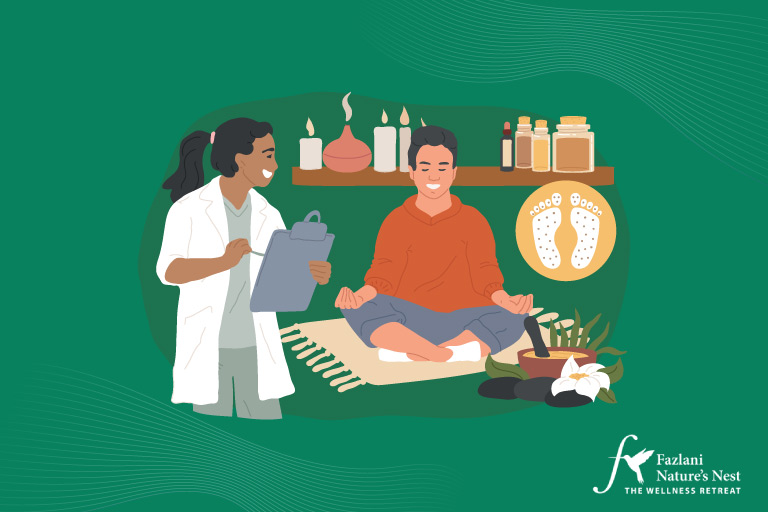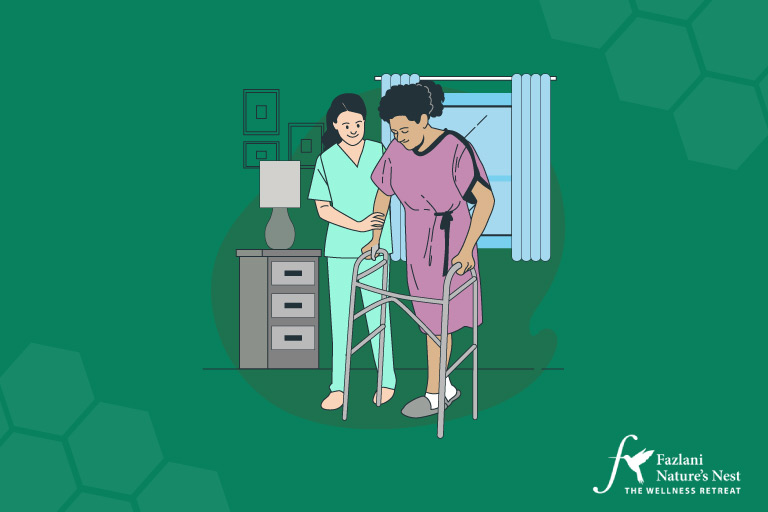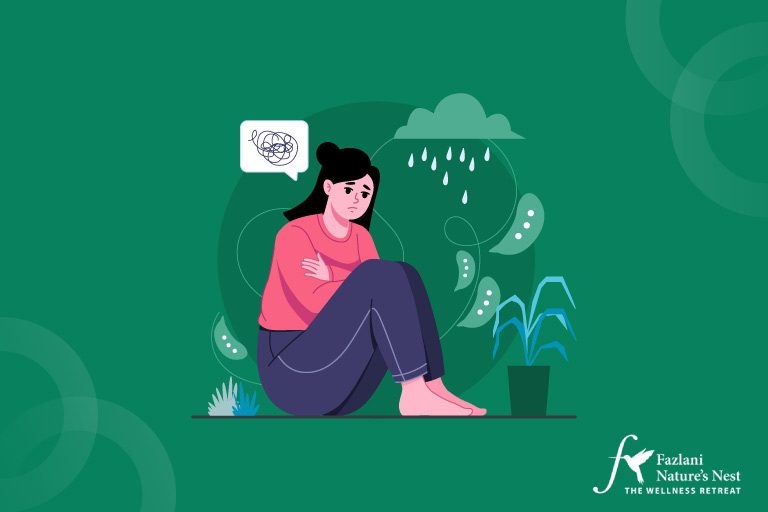What Does Animal Assisted Therapy Do?
Animal-assisted therapy involves animal interactions with patients to help them cope with certain medical conditions or aid recovery from health problems. Some forms of Animal assisted therapy include caring for animals such as grooming, bathing the animals, and feeding them regularly. Under the Animal assisted therapy program, an animal, especially therapy dogs, can also be brought to care or hospice facilities, hospitals, nursing homes, and rehabilitation centers to interact with those in need of comfort.
According to medical providers and therapists who support animal-assisted therapy, patient interaction with therapy animals helps in personal and social development and improves self-esteem, mental health, social skills, empathy, and nurturing skills.
Is Animal Assisted Therapy New?
What are the Top 3 Animals Used as Therapy Animals?
Dogs
Cats
Horses
Experience the Healing Power of Animal Assisted Therapy? Discover the Profound Benefits.
How Does Animal-Assisted Therapy Work?
Animal assisted therapy works based on several goals of the patient. The type of therapy and its target might also change based on the patient’s condition and the type of help they need. Some of the Animal assisted therapy goals include providing comfort, improving motor skills, reducing the levels of pain, developing social or behavioral skills, and motivating patients towards various activities such as exercise.
The person who handles therapy animals needs to be trained and work under a doctor’s guidance to help patients achieve their therapy goals. The animal as well as its handler also needs to go through various certifications before getting approval for therapy use.
What are the Benefits of Animal Assisted Therapy?
Which disorders can be improved by animal-assisted therapy? How does animal therapy relieve stress? How therapy dogs can improve mental and physical health? The increasing worldwide popularity of animal-assisted therapy has also brought to the fore many questions regarding its benefits.
Physical Health Benefits of Animal-Assisted Therapy
- Provides more comfort and relaxation, especially during exercise
- Reduces overall physical pain
- Lowers blood pressure and improves cardiovascular health
- Balances breathing in people who are anxious
- Helps reduce the number of medications for people
- Helps with markers of physical conditions such as heart failure, epilepsy, pain from cancer treatment, postoperative treatment, and recovery from stroke or conditions that cause a person to lose motor skills
- Aids in facilitating social interaction and improving mood and general well-being, especially in long-term elderly care facilities
Mental Health Benefits of Animal-Assisted Therapy
- Increases mental stimulation and assists in the recall of memories
- Lowers stress and anxiety which helps people relax more
- Reduces loneliness and provides an escape or happy distraction
- Accelerates the therapy process and reduces the initial resistance accompanying the therapy
- Decreases perceptions of pain or feelings of fear or worry
- Improves motivation, stimulation, and focus
Many studies have had promising results for various applications of animal-assisted therapy. As it gains high popularity, research has been underway to determine its effect on various chronic disorders such as dementia, post-traumatic stress disorder (PTSD), and autism spectrum disorder (AST). Today, many animal lovers are aware that animal-assisted interventions can transform the lives of people. It is only a matter of time until academic literature more definitely proves the clinical values of animal companionship.
Fazlani Natures Nest provides an animal-assisted therapy program that is perfectly developed to ease emotional recovery and aid positive psychological transformation. Contact us to know more about the rejuvenating experience that we offer and come witness a mindful getaway at Fazlani Natures Nest.








